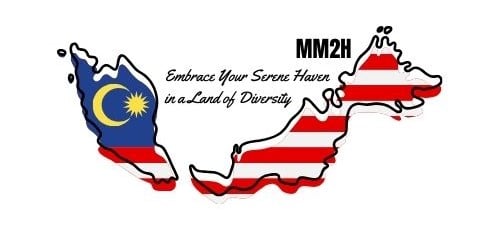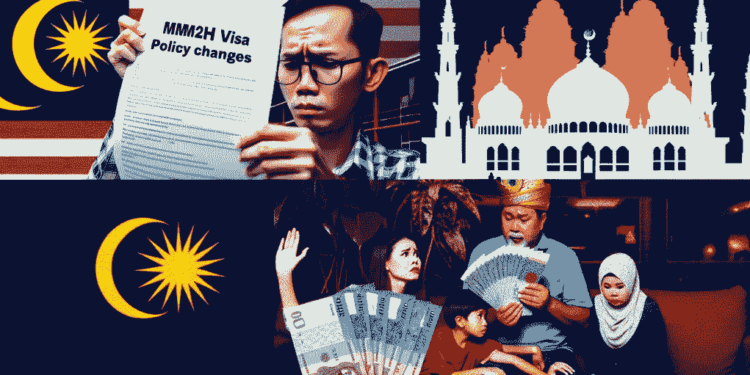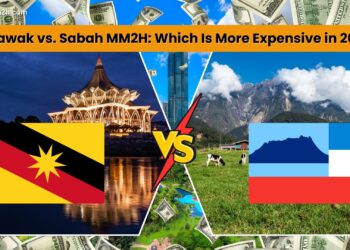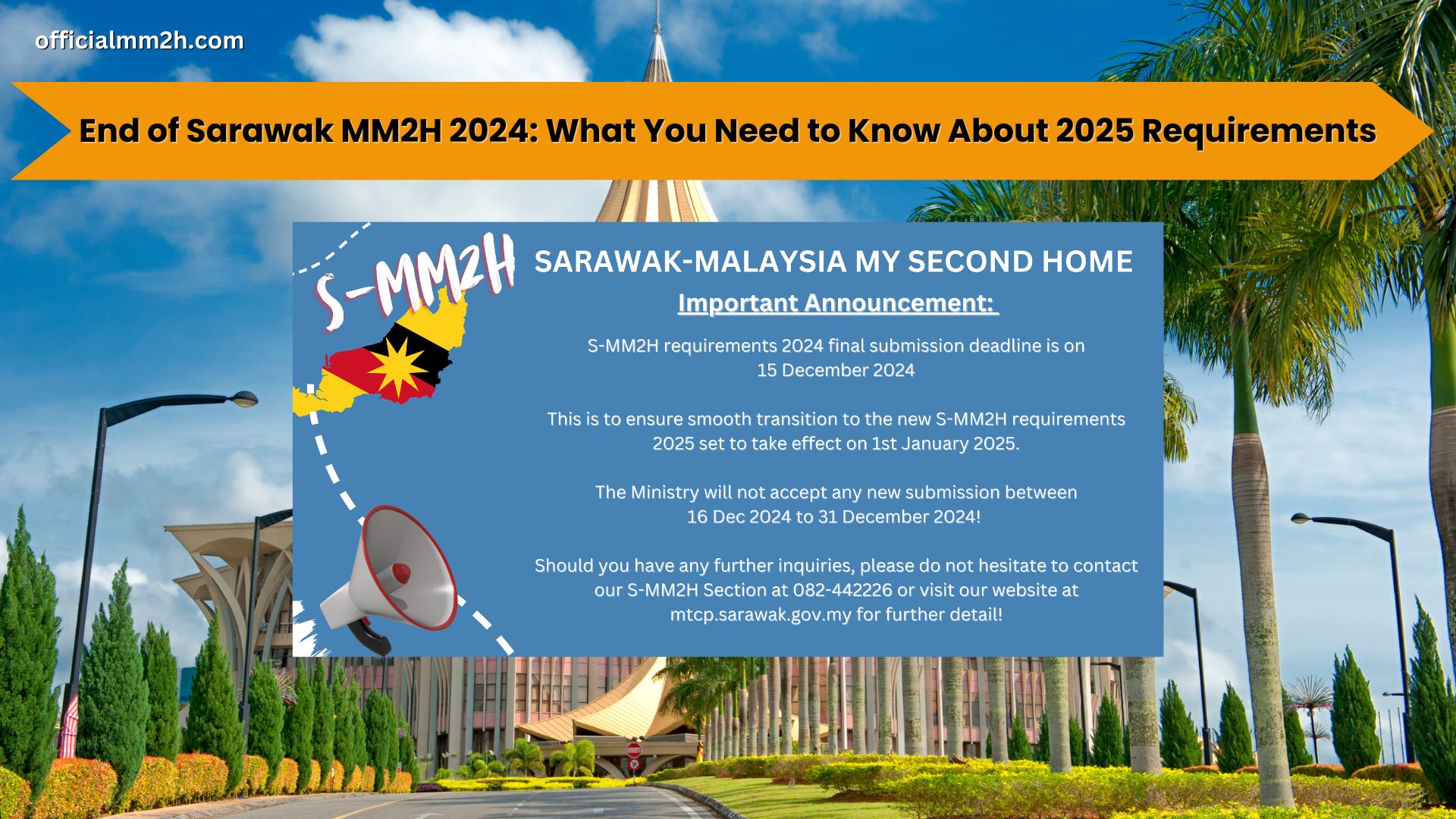Malaysia My Second Home Problems and the Program’s Uncertain Future
The Malaysia My Second Home (MM2H) in 2023 program was introduced in 2002 by the Ministry of Tourism, Arts and Culture Malaysia to allow for live in Malaysiaeigners to stay in Malaysia long-term on a multiple-entry social visit pass. As an MM2H participant, I was drawn to promises of an affordable, high-quality lifestyle and business opportunities. However, recent policy shifts have challenged those dreams, making MM2H’s future uncertain amidst its relaunch.
Understanding these issues is critical with over 50,000 expatriates looking to live in Malaysia calling Malaysia home under MM2H. As the Immigration Department of Malaysia and MM2H applicants within 90 days reviews and revamps the program, participants face evolving visa requirements, financial burdens, integration barriers and safety fears threatening their Malaysia long-term residency.
The Relaunch of MM2H Program: A New Chapter with Old and New Challenges
The MM2H program reopened in April 2022 after a year-long freeze, with higher investment thresholds and a focus on attracting more affluent Chinese expats. However, policy changes failed to resolve longstanding problems.
MM2H application numbers plummeted over 90% as new tiers mandated fixed deposits of 300,000 Malaysian Ringgit (MYR) for MM2H applicants, 500,000 MYR or 1 million MYR to purchase a home in Malaysia. These financial requirements made joining prohibitive for mid-income families.
Meanwhile, issues like complex visa processes for MM2H applicants in 2023, cultural adaptation challenges and rising crime targeted at foreigners persisted. For existing participants like myself, visa renewal and long-term stay options remain limited, while new joiners face uncertainty over the program’s future.
Review and Results: The Malaysia My Second Home Problems and the Program’s Uncertain Future
The MM2H review process in 2023 aimed to draw elite retirees and skilled workers to stimulate Malaysia’s economy. However, the revamp missed enrollment targets with only hundreds approved so far.
Tightened eligibility criteria like minimum $40,000 offshore monthly income deter applicants. With MM2H growth stagnating, Malaysia risks losing high-value expat spending.
The program may flounder as policies shift with the political winds in Malaysia today, diminishing its viability. Participants invest in property and businesses expecting lifelong residency, which is now doubtful.

Eligibility, Application, and Policy Changes
The MM2H application process is challenging, with demand outpacing the Expatriate Services Division (ESD)’s limited resources. Approval times often exceed one year.
Eligibility rules also frequently change, creating confusion among potential MM2H applicants. Initially, I could work on an MM2H visa. Later policies banned employment, although some exceptions exist like remote work.
Shifting requirements erode trust in the program’s stability. Participants need confidence their visas will support entrepreneurship, home ownership and family education without sudden policy reversals.
Financial Requirements and Investment Concerns
MM2H’s updated tiers require liquid assets and offshore income fixed deposits parked in Malaysia. However, currency controls limit access to those funds until visa renewal.
These deposits also pressure banks’ liquidity. Meanwhile, property investments made to fulfill MM2H criteria face slow sales and excess supply. Projects like Free Malaysia Today Forest City in Johor aimed at foreigners struggle with low occupancy rates.
The lack of clarity around long-term policy creates an unfavorable investment climate despite incentives like foreign home ownership. Malaysians also criticize the program’s costs exceeding economic contributions.
Social Integration and Cultural Adaptation
As a foreigner navigating Malaysian society, I face subtle cultural barriers. Developing local connections and understanding etiquette norms takes effort.
Many expats congregate in enclaves like KL, limiting integration. While English is widely spoken, learning Bahasa Malaysia facilitates daily life. I’m also conscious of dressing and behaving respectfully.
Building community and embracing traditions helps overcome initial displacement. Still, visa uncertainties hamper putting down permanent roots. Maintaining cultural fluency requires long-term residency.
Healthcare, Insurance and Safety Concerns
Understanding Malaysia’s healthcare system and insurance requirements takes adjustment. While costs are low, some providers don’t meet Western quality standards.
Pre-existing conditions and high-risk groups also face coverage exclusions in 2023. Specialist care options are limited beyond major cities.
Crime is another worry, as foreigners are targets for scams and thefts. Home break-ins and snatch thefts are growing concerns even in safe neighborhoods. Feelings of vulnerability persist.
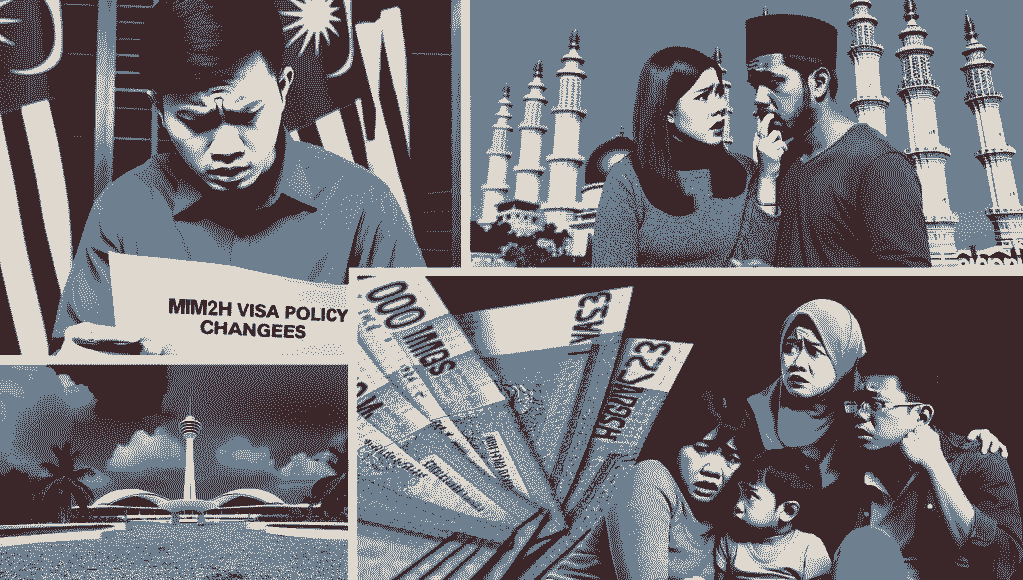
Long-Term Stay and Renewal Issues
The MM2H program’s value proposition depends on consistent renewal processes supporting multi-year stays. However, visa dependency breeds anxiety.
Renewal criteria are vague, with ESD officers having broad discretion. Processing times drag on, with applicants unable to leave Malaysia in limbo.
The 10-year Malaysia PR pathway is also narrowly defined, creating barriers to permanency. Malaysia risks draining its appeal to global talent without more permanent integration options.
Government Support, Resources and Community Engagement
Malaysian authorities like the Expat Centre (MYXpats Centre) and Tourism Promotion Board market MM2H but offer limited ongoing support.
Navigating issues from visa applications to tax filings depends on private agents. Resources for schooling, housing, and community building are fragmented as well.
This leaves participants fighting challenges alone rather than leveraging shared knowledge. Better engagement from Malaysian officials and organizations could improve the expat experience, as reported by Free Malaysia Today.

Conclusion: Weighing the MM2H Program’s Viability
While the recent MM2H relaunch signaled a reset, policy changes failed to resolve structural weaknesses around application delays, visa uncertainty and lack of integration support.
Malaysia must balance economic goals, national interests and the expectations of expatriate participants and their families. Current incentives are inadequate for the trade-offs demanded.
As an early joiner, I remain committed to my Malaysian dream. But the program’s shaky foundations don’t inspire confidence. Significant reforms are needed to sustain the MM2H program’s viability.
